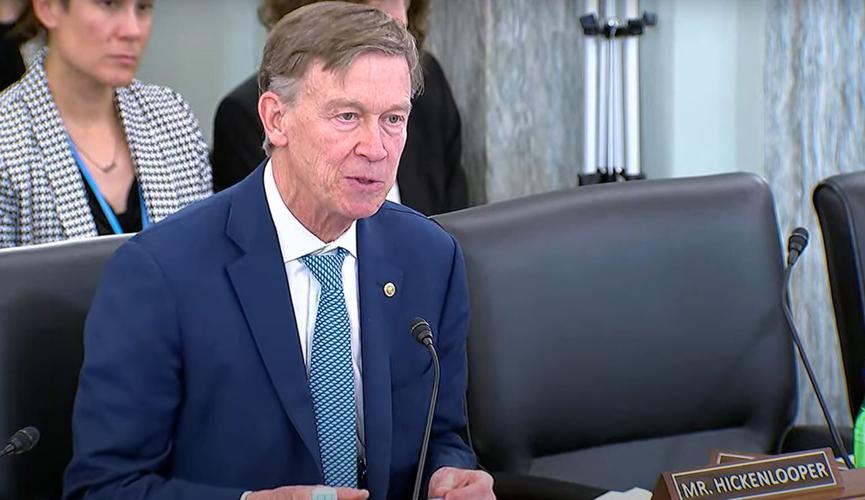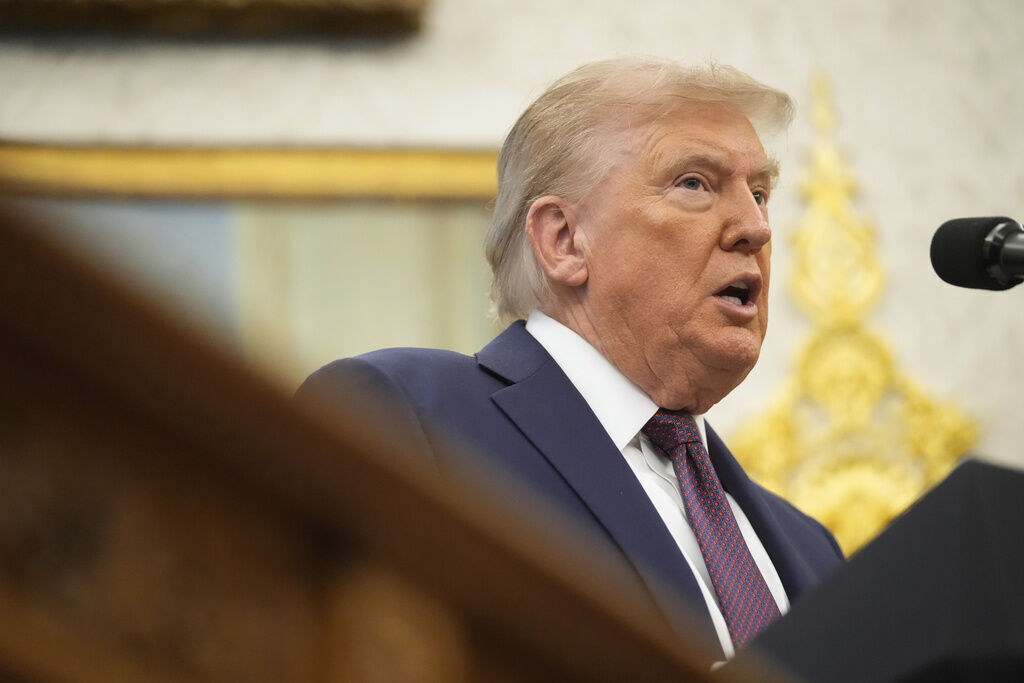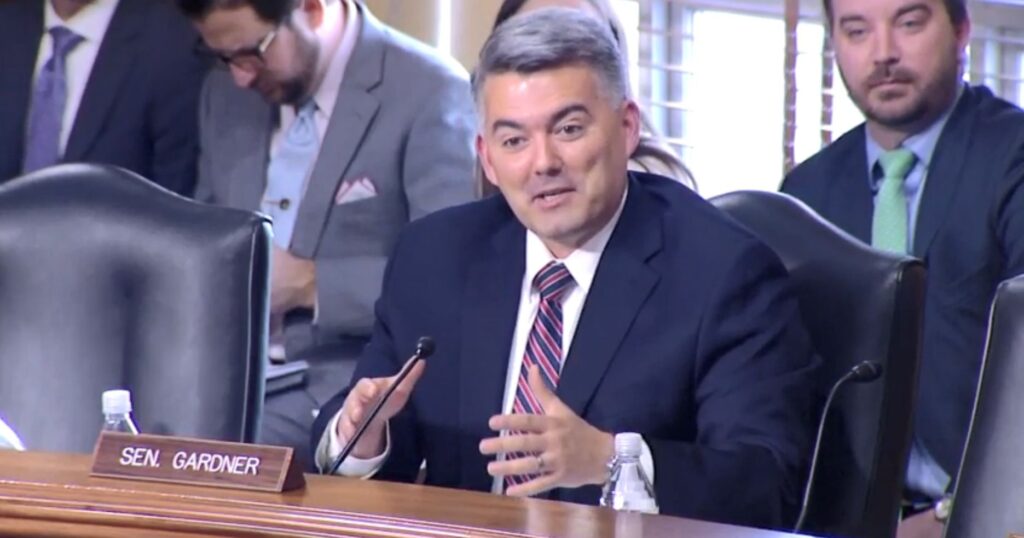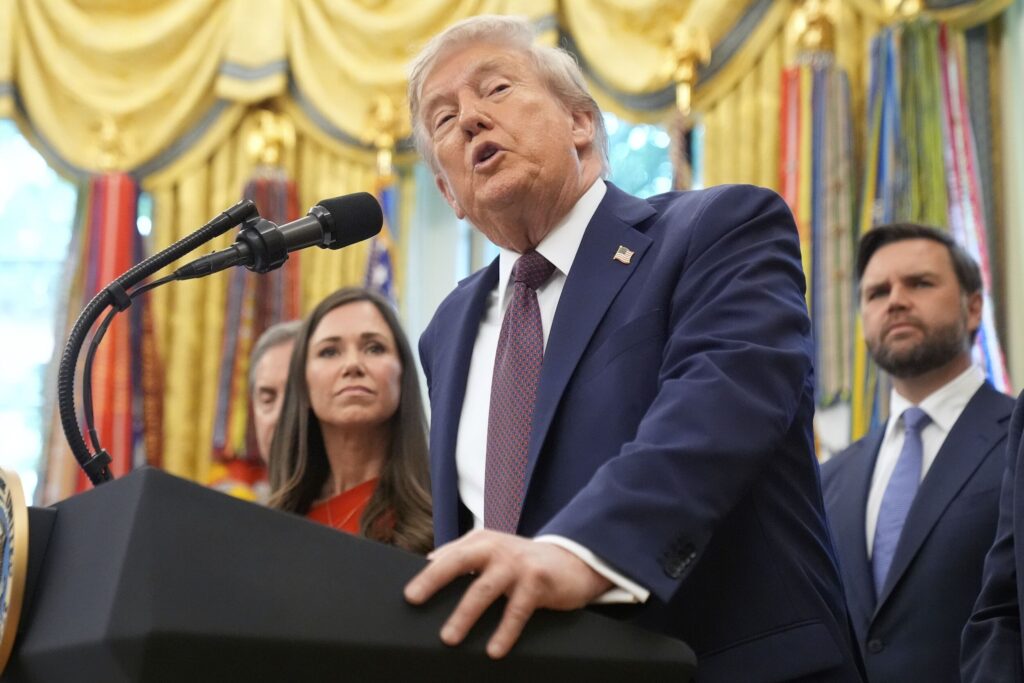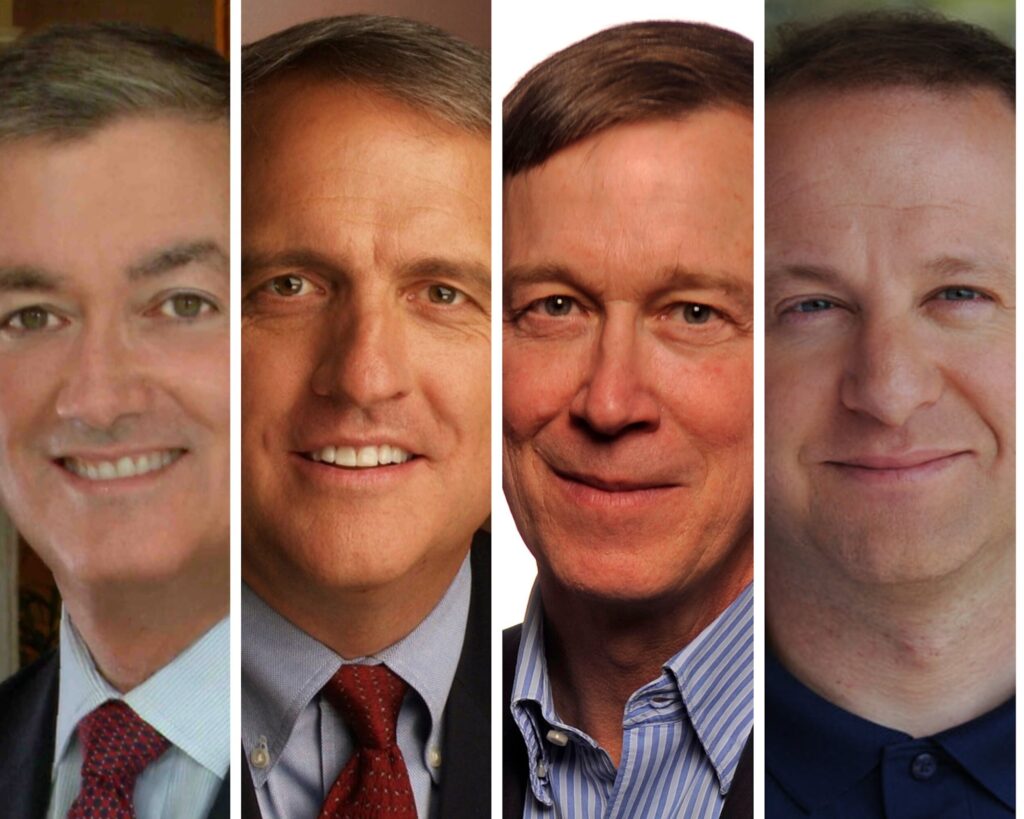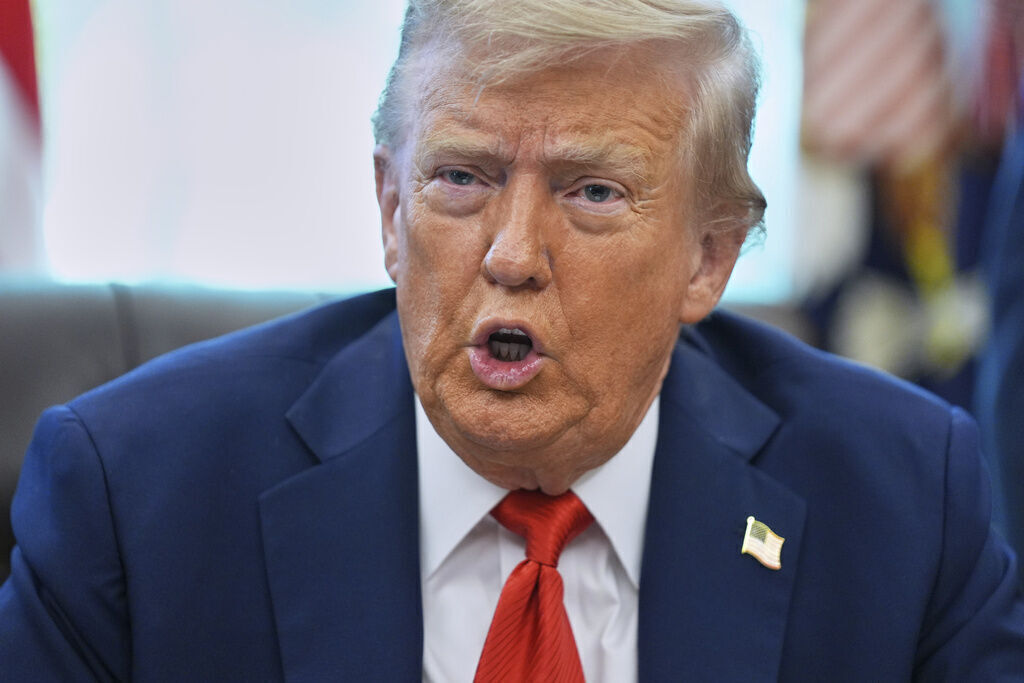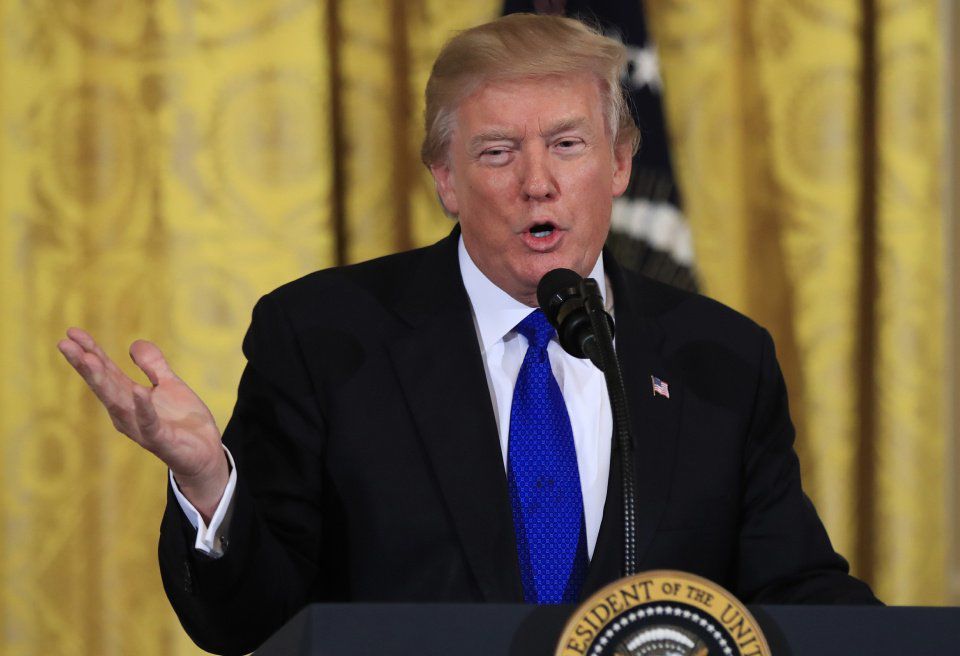Trump signs proposal to criminalize revenge porn, deepfakes
President Donald Trump has signed into law a proposal from Congress to criminalize the creation and distribution of nonconsensual, explicit images generated by artificial intelligence, which U.S. John Hickenlooper of Colorado, a cosponsor, praised as a small but significant step toward regulating the new technology.
These AI-generated images and videos, known as “deepfakes,” have become widespread online, often used to exploit both adults and minors through the malicious use of technology.
A “deepfake” refers to AI-generated images or videos that look real, a phenomenon further popularized by a viral Tiktok of a deepfake of “Tom Cruise” goofing around.
Colorado’s state legislators have also been grappling with the issue. This session, they hoped to make Colorado the 38th state in the nation to impose criminal and civil penalties for using artificial intelligence to create sexually explicit images. The state proposal creates a cause of action against someone who publishes or threatens to publish an AI-generated intimate image of people without their consent and updates the definition of “sexually exploitative material” to include AI-generated child pornography.
Under the law, known as the Take It Down Act, advanced by Congress, it is now a federal crime to “knowingly publish” or threaten to publish intimate images without a person’s consent, including AI-created “deepfakes.” Websites hosting the content, such as social media companies, must remove the questionable material within 48 hours after a victim requests it. Social platforms will also be required to take steps to remove any duplicate content.
The bill was introduced last year by U.S. Sens. Ted Cruz, R-Texas, and Amy Klobuchar, D-Minnesota, and immediately drew support from lawmakers across both parties, including Colorado Sen. John Hickenlooper, who served as a cosponsor.
In April, the U.S. House passed the bill, 409-2. In the Senate, the bill won unanimous support.
First Lady Melania Trump had been vocal about her support of what supporters called the “Take it Down Ac.”
During a signing ceremony at the White House, Melania Trump called it a national victory.
“AI and social media are the digital candy for the next generation, sweet, addictive, and engineered to have an impact on the cognitive development of our children,” she said. “But unlike sugar, these new technologies can be weaponized, shape beliefs and, sadly, affect emotions and even be deadly.”
According to studies, pornographic content accounts for 96% of all “deepfake” content posted online.
The prevailing sentiment among many is that the U.S. and other countries have fallen behind in regulating artificial intelligence, which has made it easier to create scams and post fake images and videos online.
“AI is already miles ahead of us — we can’t let its rapid advancements get out of reach without guardrails to protect our children’s safety and privacy,” said Hickenlooper. “We passed this bill because Democrats and Republicans knew this was too important.”
In chairing a Senate hearing in November, Hickenlooper heard testimony from experts and citizens about how AI has increasingly become “weaponized.”
During the hearing, Dorota Mani testified that her daughter became a victim of “deepfake” pornography distribution.
Mani said her daughter’s high school classmate created fake nude images of her daughter and circulated them around school. At the time, the school had no policies, and the state and federal governments did not have laws — the student who created the images faced very few consequences, Mani said.
Supporters said the “Take it Down Act” is a significant step in establishing federal guidelines that experts say are superior to state laws.
While several states have already banned spreading sexually explicit “deepfakes,” the new federal law is broader in that it imposes strict regulations on internet companies, supporters said.
Critics of the measure included free speech advocates and digital rights groups, which argued that the law is too broad and could lead to the censorship of real images and legal pornography being targeted.
To report fake content on Facebook, click here.
To report fake content on Snapchat, click here.
To report fake content on Instagram, click here.
The Associated Press contributed to this story.
Colorado Politics Must-Reads:


